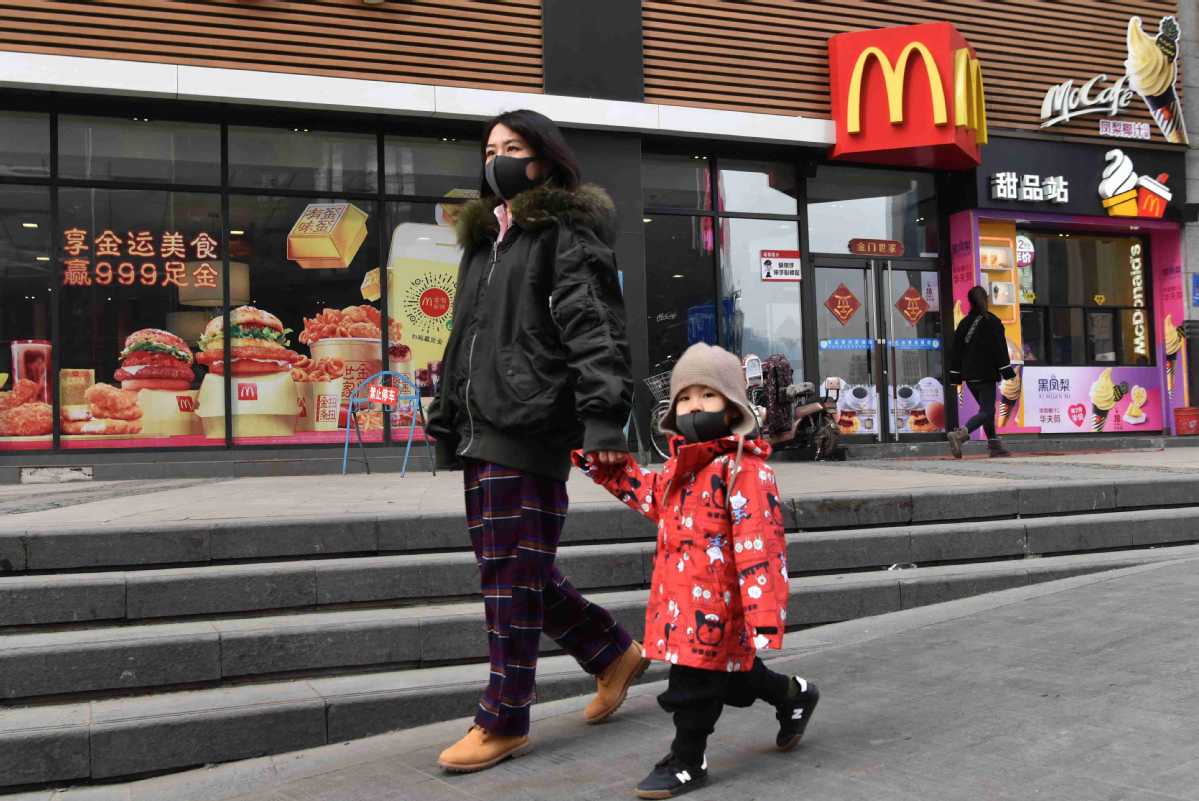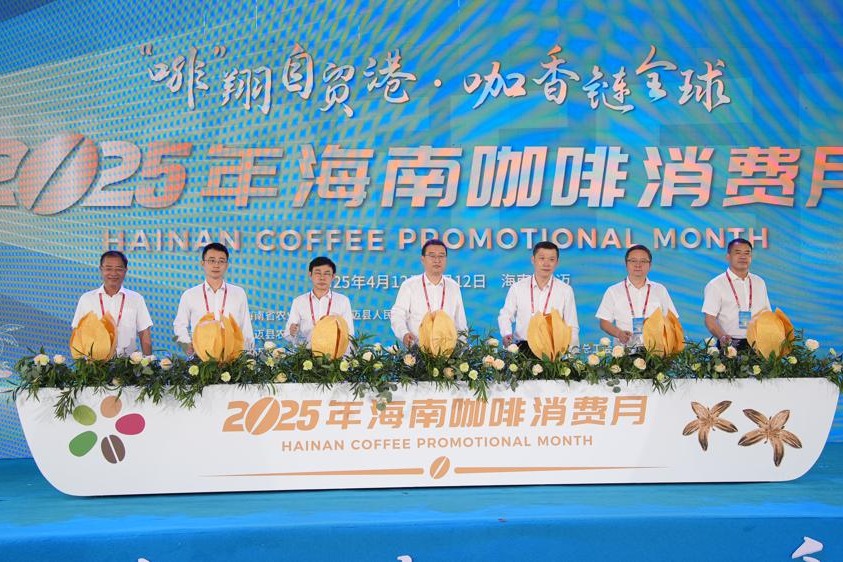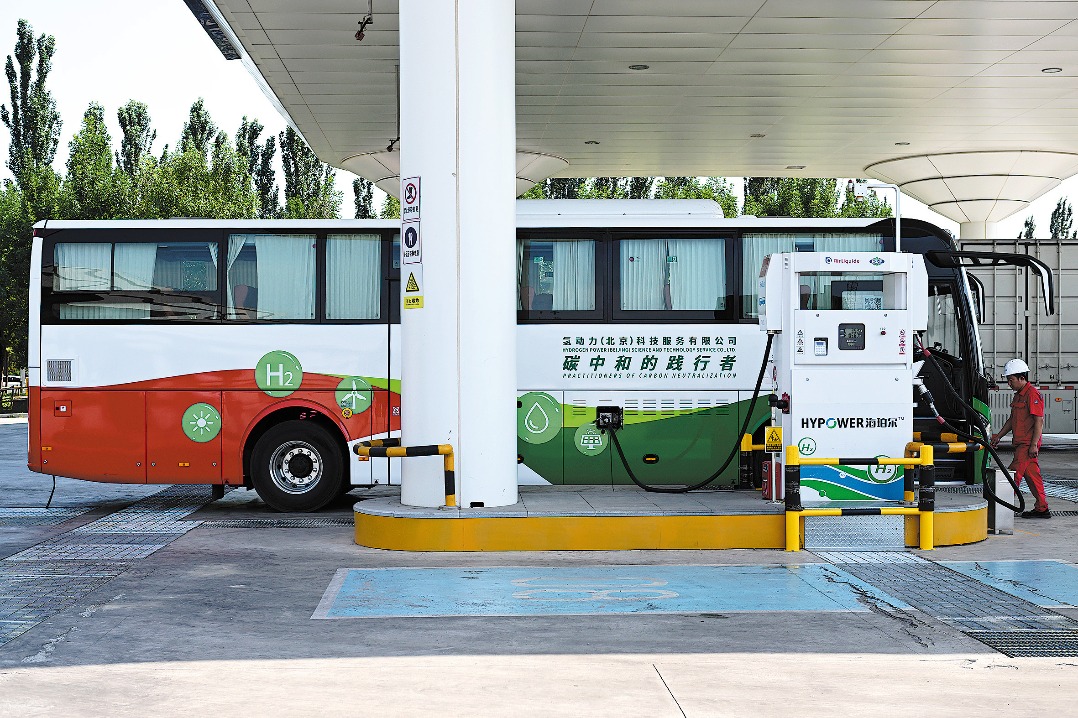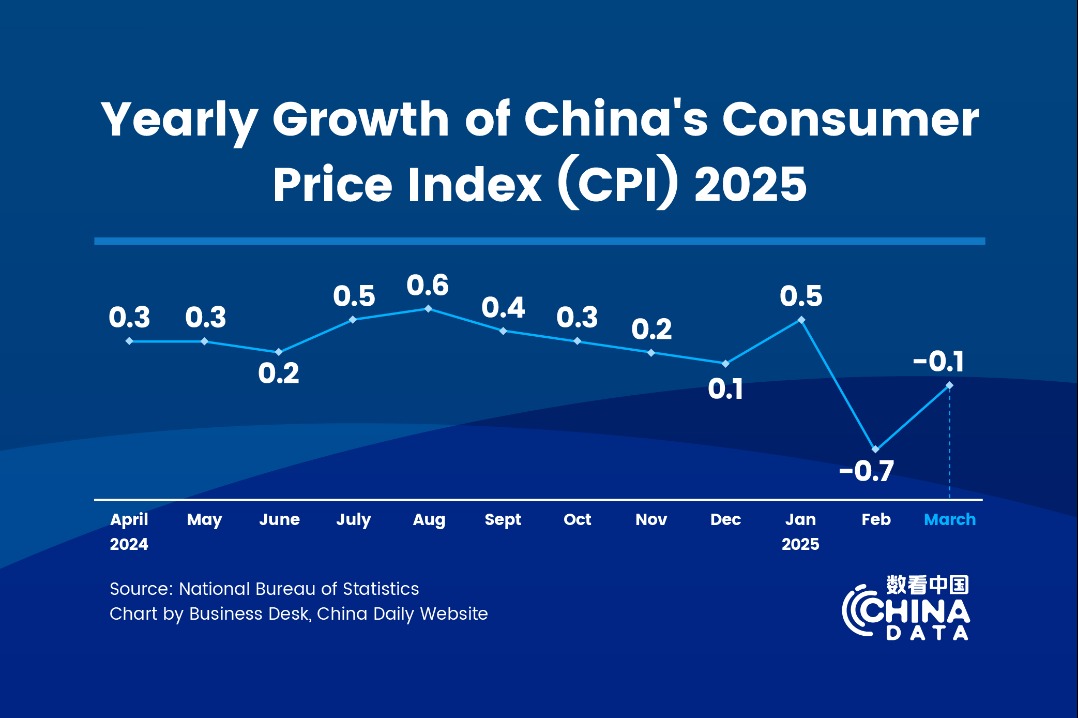Green awareness rising among companies in China, says report


Chinese enterprises are taking a greener and more sustainable path to growth, as the novel coronavirus outbreak has highlighted the need for better healthcare awareness and cleaner surroundings, a new report said.
The green building industry is on the fast track in China with nearly 67 percent of the upcoming projects set to follow the green path by 2021, said a new report released by the United States Green Building Council (USGBC) and US market consultancy Dodge Data& Analytics.
Green buildings, or energy-saving buildings, are more environment-friendly than normal ones, and utilize facilities such as a solar-powered waste disposal and recycling systems, and various other energy-saving technologies.
Wang Jing, director of USGBC North Asia, said more people are now aware of the climate change dangers, while the COVID-19 epidemic has made people realize the importance of a healthy environment.
"Currently the sustainable trends are the most pronounced in China's commercial real estate sector as most of the new commercial projects are taking the green path," said Wang.
US-based McKinsey Global Institute said in a recent report that the global business environment is veering toward environment-friendly building technologies as the demand for a greener lifestyle is increasing.
Wang said that in the recent years, the USGBC had witnessed a growing number of new Leadership in Energy and Environmental Design or LEED registrations-a globally recognized green building certification system-in China. Most of the registrations were from commercial enterprises, it said.
In December, the Starbucks Roastery in Shanghai received the LEED certification. The green coffeehouse, which uses energy-saving facilities and is accessible via public transport, has already attracted thousands of customers.
US fast food giant McDonald's received a LEED certification for its outlet in the Xiongan New Area, North China's Hebei province in September 2018. According to the USGBC, over 260 LEED-certified restaurants have been added to McDonald's China portfolio so far. Between 2018 and 2022, over 1,800 new McDonald's outlets are set to gain the LEED certification, putting the fast food chain firmly on the environment-friendly business mode.
Phyllis Cheung, McDonald's China CEO, said that in recent years, the company had witnessed an increasing number of consumers, especially millennials, attaching importance to sustainability.
In addition to green restaurants, it is also taking action to promote green packaging. McDonald's China has announced action plans for more responsible packaging, continuous reduction and optimization of materials, while ensuring the dining experiences for customers.
With the already existing green trend, Chinese consumer's awareness about health and wellness has further increased since the COVID-19 epidemic. People have started to pay more attention to the overall environment in indoor businesses, especially aspects like indoor air quality, building design, and sustainable operations, said Wang from the USGBC.
Furthermore, the trend forward green buildings is not confined to the top-tier cities. Based on USGBC data, it is evident that the trend is percolating down to the third-or even fourth-and fifth-tier cities, and ranges from new constructions to existing buildings, from traditional commercial real estate sectors like office buildings and retail to sectors like data centers and warehouses.
Lee Kum Kee Sauce Group, the Hong Kong-headquartered condiment and sauce maker, has been steadily increasing its investment on green manufacturing. In February this year, Lee Kum Kee's production base in Xinhui, Guangdong province received the LEED Platinum certification, the first company in the fermented food industry globally to have done so.
At its production base in Xinhui, it has invested money in setting up solar photovoltaic power generation systems, geothermal heat pump systems, a wetland park and wastewater treatment facilities, in a bid to pursue a greener business model.
Wang said that currently, more companies are using financial instruments such as green bonds and sustainability-linked loans to fund green and environment-friendly opportunities or transitions. Although enterprises have boosted their green efforts, she noted that challenges lie in how companies can integrate their sustainability strategy with their business goals.




































